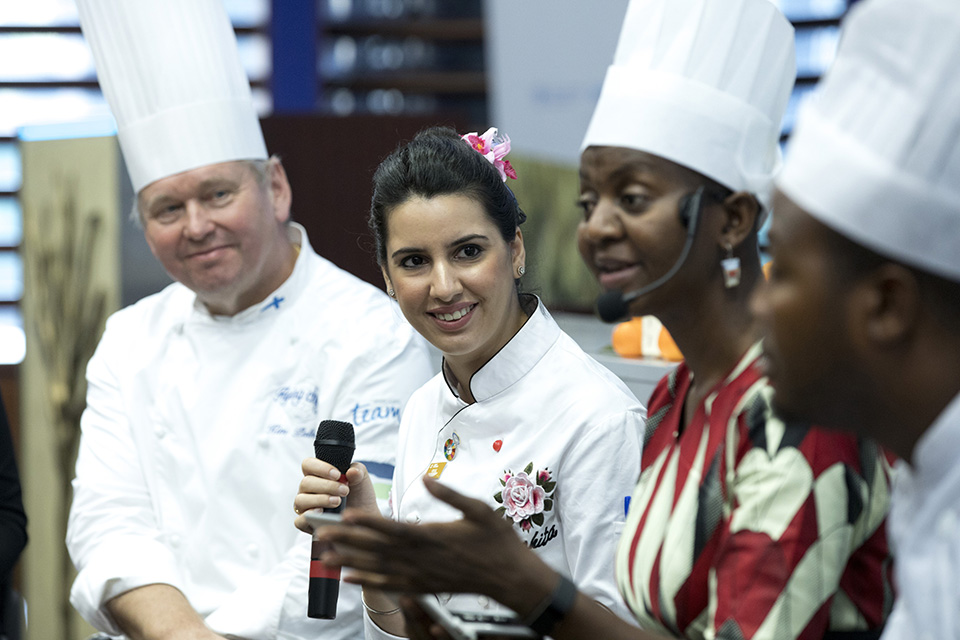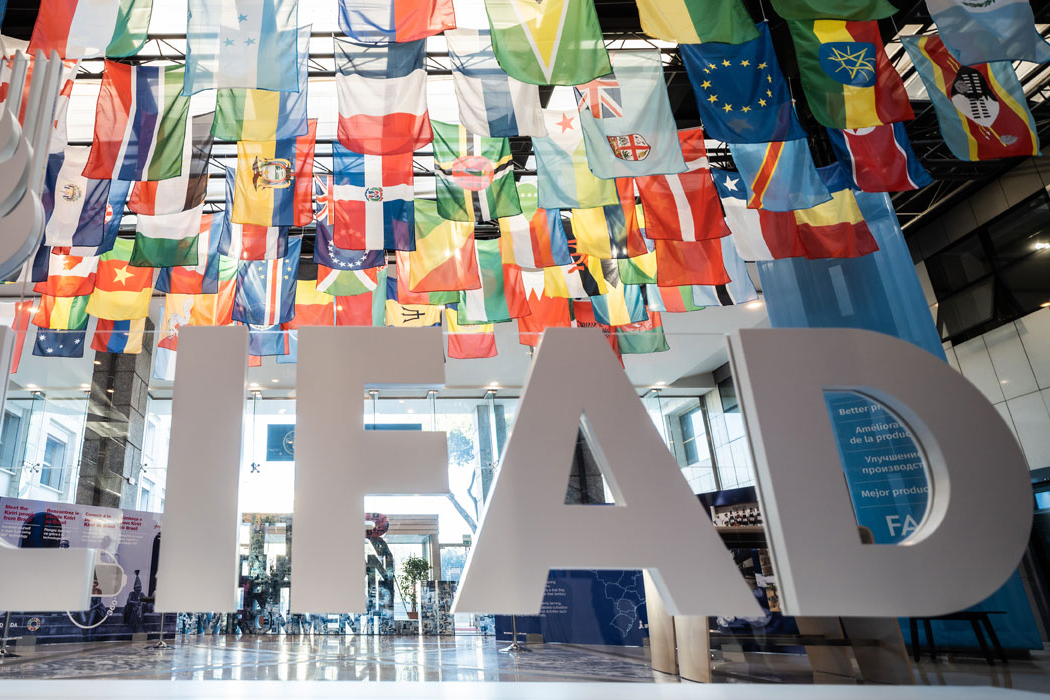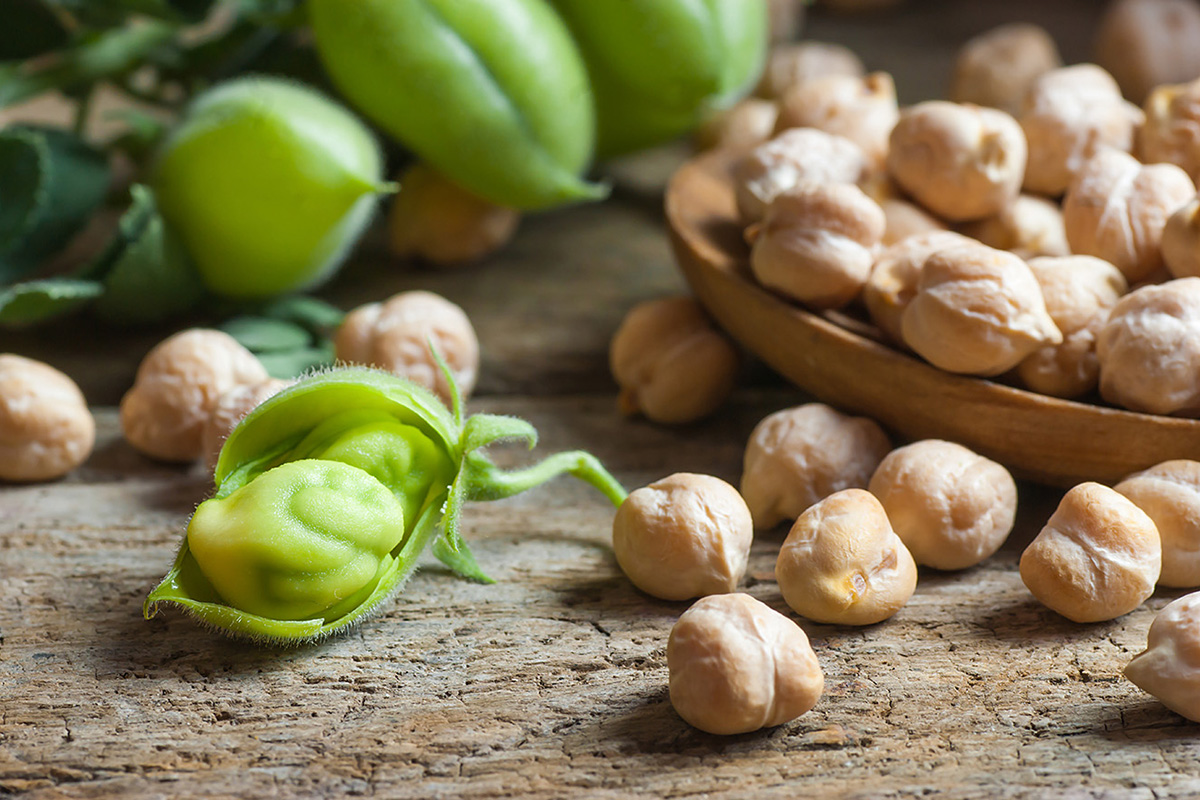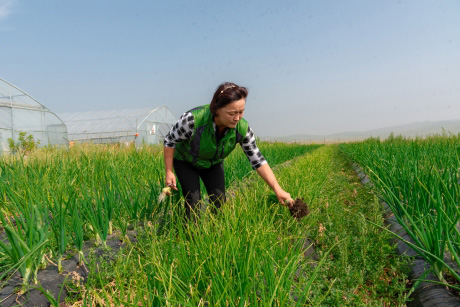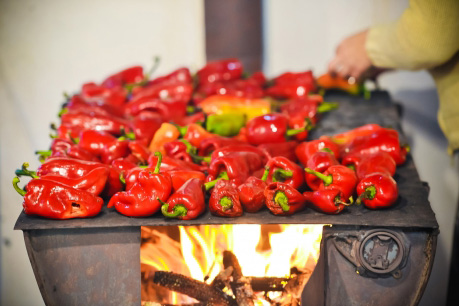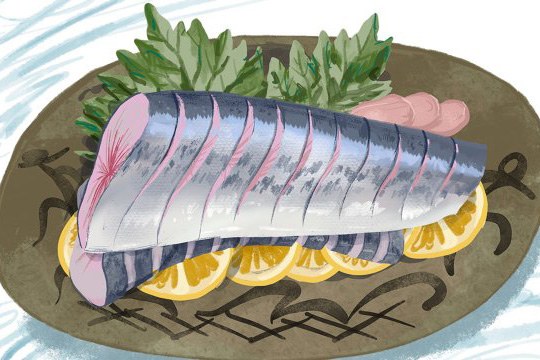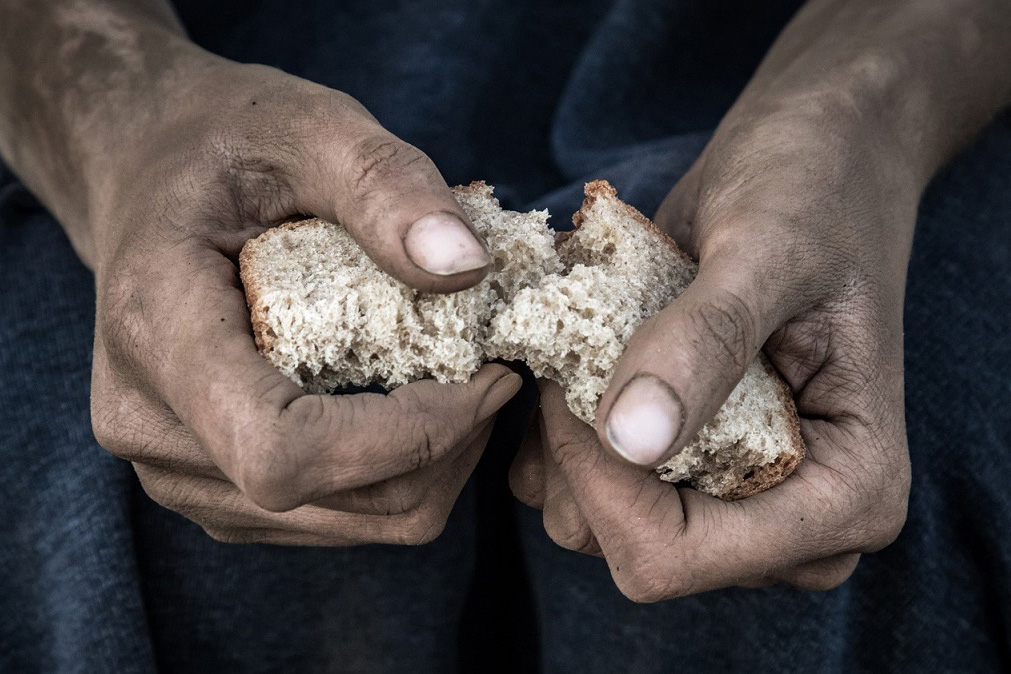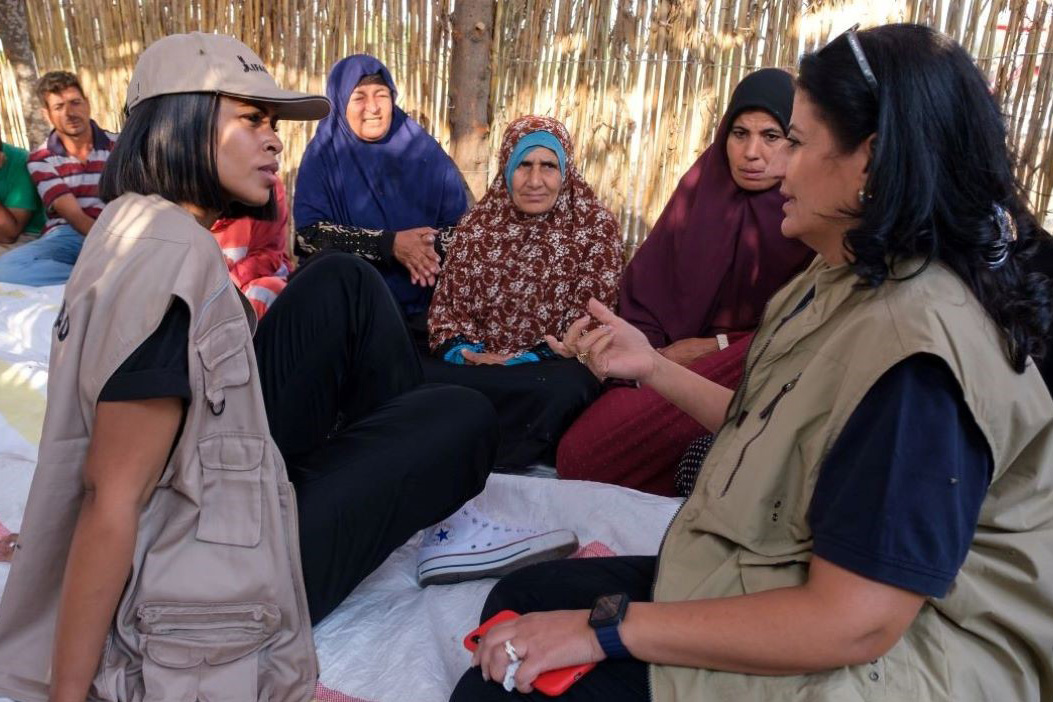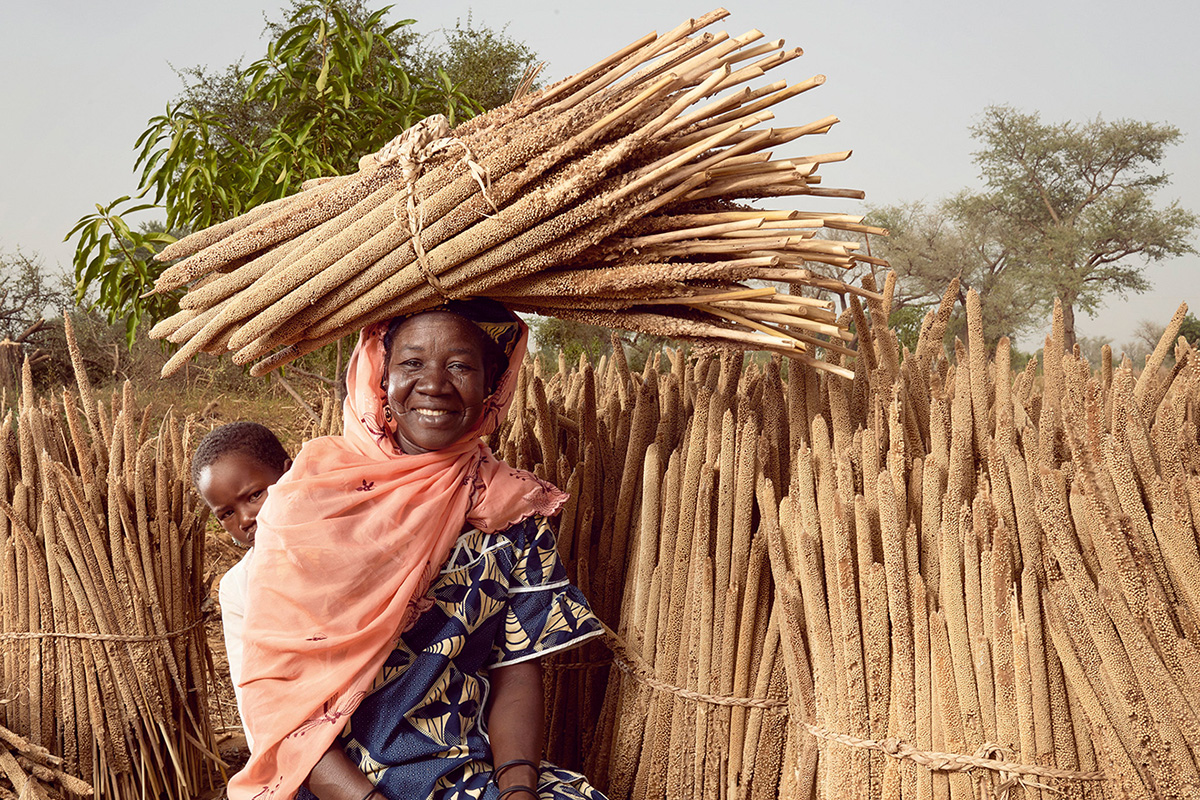Choose a dish to prepare using a type of millet. Record a video of yourself preparing your recipe and tell us about it. Share it! @FAO #IYM2023 #YearofMillets
Agriculture and Food
Despite the colossal damages to its agriculture caused by the war, the country is still committed to contribute to world food security and to empower small scale farmers.
The celebration of World Pulses Day by FAO presents a unique opportunity to raise public awareness about pulses and the fundamental role they play in the transformation to MORE efficient, inclusive, resilient and sustainable agrifood systems for better production, better nutrition, a better environment, and a better life, leaving no one behind.
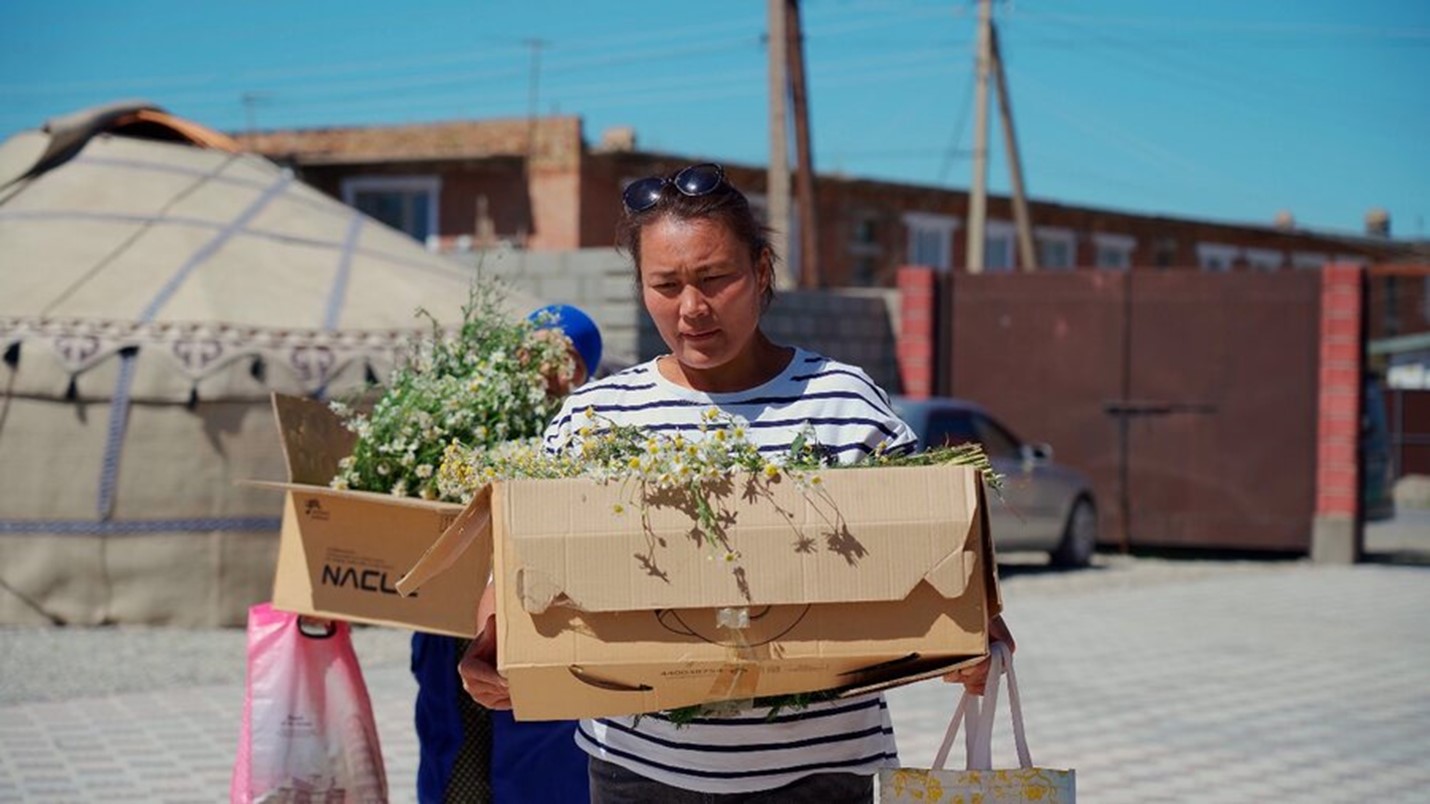
A herbal industry opens horizons for mountain farmers
An herbal industry opens horizons for mountain farmers
The unforgiving climate and mountainous terrain in Kyrgyzstan’s northern At-Bashy district make agriculture risky and employment opportunities rare. Rich in natural resources, landlocked Kyrgyzstan is nonetheless highly dependent on remittances and foreign assistance, making the country vulnerable to external shocks. WFP-led collaboration is giving women like Baktygul new income-earning opportunities by capitalizing on At-Bashy’s clean water and fresh air to grow herbs for essential oils. Batygul counted among some 1,000 smallholder farmers trained by WFP on herb-planting agro-technologies, together produce and supply upto 3000kg of the raw materials that are processed into essential oils and dried products for use in industries.
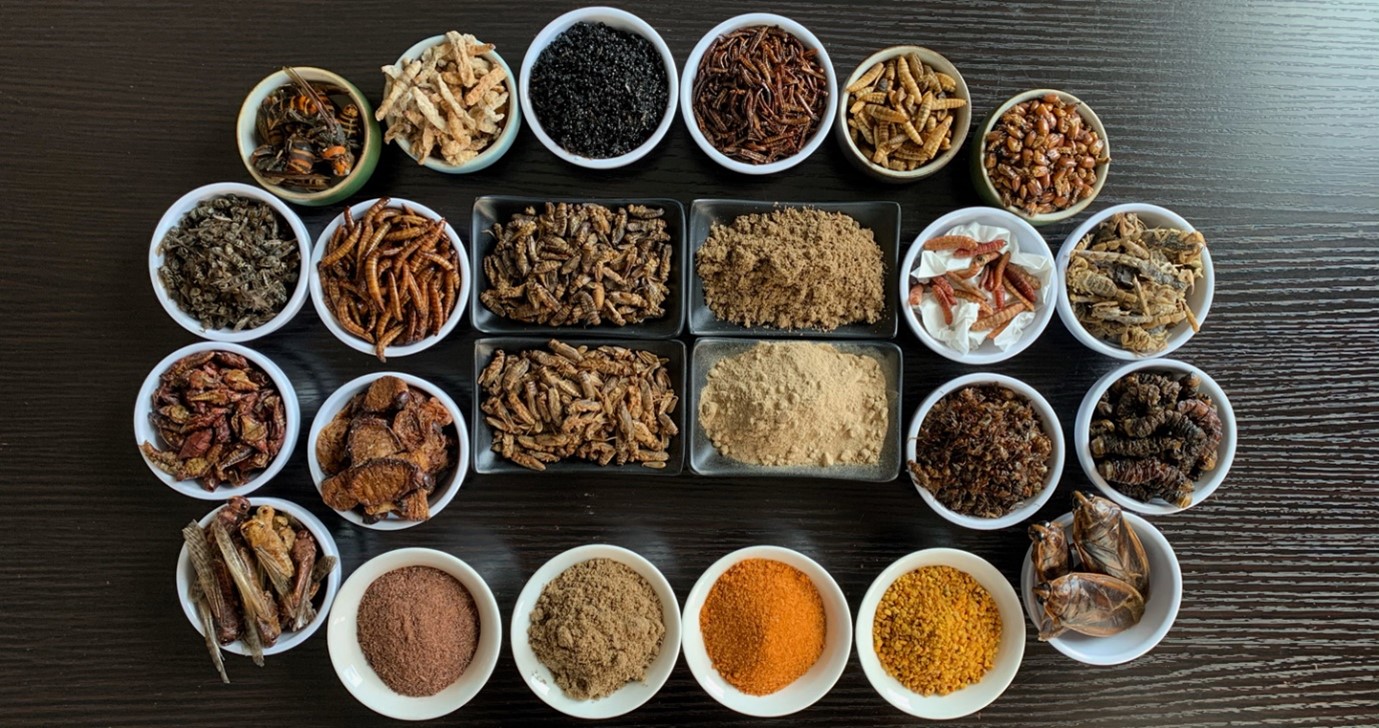
Why insects are the next global superfood
As climate change affects the distribution and availability of food, edible insects are a potential growth area, particularly as consumer demand rises. Insects are an essential food source for at least 2 billion people and given the low input costs and space required, even the poorest people in developing countries can collect, rear, process, sell, and eat insects. IFAD and the United States have partnered to help small-scale farmers in developing countries further reduce emissions while adapting to climate change.
Cultivated for food and feed, pulses are magical. They are nutritious and delicious, but there is even more. They are powerful against climate change, providing farmers a breath of relief in water-scarce environments, as they have a low water footprint and can better tolerate drought. Besides, the global pulses industry is a positive driver in ensuring the resilience of the supply chains, enabling consumers to access nutritious foods, and contributing to the sustainable use of natural resources. This World Pulses Day (10 February), let’s celebrate their contributions.
Mongolia’s extreme climate bring with it many challenges – and Lkhagva Yondon’s family struggled to be self-sufficient until she decided to seek some help to break the cycle through an FAO programme.
Food safety regulations, drawn up with the support of FAO, aim at bringing time-hallowed gastronomy – such as ajvar a gastronomic favourite in Serbia - up to date with modern food safety knowhow.
Fish provides more than 4.5 billion people around the world with a critical share of their daily protein requirements. FAO’s Fish: Know it, cook it, eat it helps you know, cook and eat fish.
The current food crisis, triggered by COVID-19 and the war in Ukraine, is different, a new UNCTAD report says, because of a stronger US dollar - creating a ‘double burden’ for developing countries.
The land alongside the Nile has always been fertile, but sea levels rise as the earth’s temperatures rise, making this low-lying area one of the world’s three most vulnerable spots to climate change. It’s not just local people who are suffering the consequences. The Nile Delta is the breadbasket of Egypt, accounting for almost two thirds of the country's agricultural land and contributing to a fifth of the national GDP. Thanks to IFAD’s SAIL project, infrastructure, training and services are combined to not only protect the land, but also to improve the quality of previously infertile land.
Millets can grow on arid lands with minimal inputs and are resilient to changes in climate. They are therefore an ideal solution towards self-sufficiency and to reduce reliance on imported cereal grains. The United Nations dedicates 2023 to greater efforts in producing millets given their nutritional properties and resilience in adapting to climate change. The International Year of Millets (#IYM2023) will also promote the sustainable production of millets, while highlighting their potential to provide new sustainable market opportunities for producers and consumers.
2022 has been a busy year for IFAD. Investing in the world's poorest rural people, the UN agency continues to help them adapt to climate change and deal with global shocks such as the war in Ukraine and the cost-of-living crisis. The UN agency looks back on some of the themes that defined a year of dramatic change. Find out more about IFAD’s year in review.
The holidays are a great time to celebrate and appreciate food. Yet, holidays can also bring over-eating and food waste. And food isn’t the only thing that is wasted when it goes uneaten: the money and labour that go into producing, harvesting, processing, transporting and preparing it are also wasted. Not to mention the pollution and greenhouse gases that are created for nothing. In 2019, FAO estimated that 14 percent of all food produced globally is lost, from post-harvest all the way up to but not including retail. Here are nine tips on how to avoid and reduce holiday food waste.
On top of the challenges that all smallholders face, farmers with disabilities also experience negative attitudes, stigma, discrimination, and a lack of accessibility. Climate change and other external shocks, such as the COVID-19 pandemic, tend to exacerbate these existing inequalities. IFAD is supporting farmers with disabilities - like Abu Koroma, Leonard Murani and Mariama Jalloh - to make a living from agriculture and build their resilience. This allows them to feed their families and sell the surplus. Watch the video to find out more.

